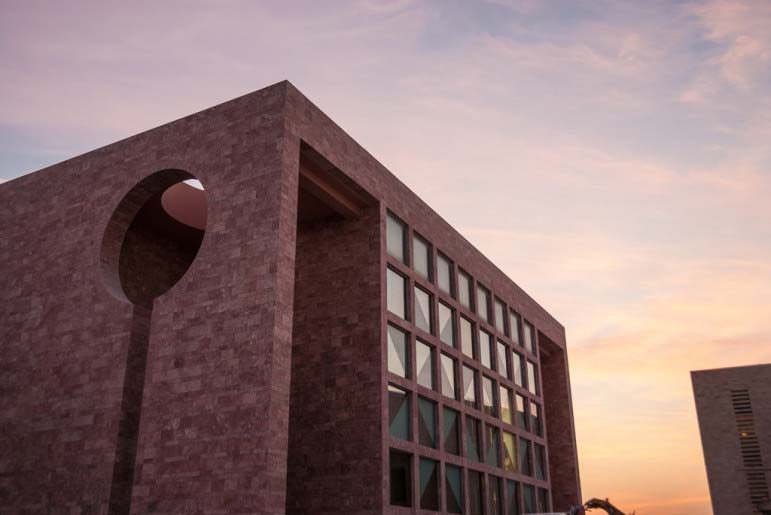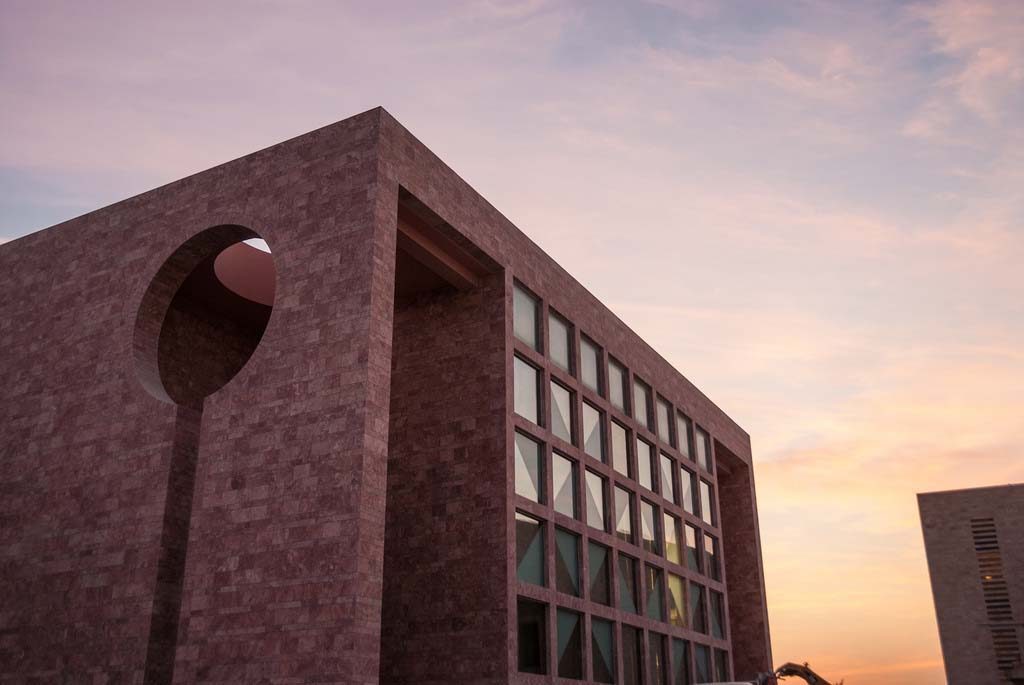
An investigation into last year’s deadly explosion inside a Texas A&M University at Qatar (TAMUQ) laboratory has spurred authorities to file criminal charges against an engineer, as well as the company that supplied the equipment believed to have caused the blast.
The blast caused the death of Egyptian expat Hassan Kamal Hussein, who was working alone in a third-floor petroleum engineering lab at TAMUQ around midday on May 28, 2014.
An autopsy determined that the laboratory coordinator suffered fatal head and neck wounds in the explosion, according to a report in Al Sharq.

The piece of equipment that Hussein was working on at the time of the blast was a model that produced petrol from natural gas.
It is now at the center of a criminal trial that heard from its first witnesses earlier this week, according to a source who attended the court session.
According to the prosecutor, this equipment – which was supplied by Intervision, the Industrial Area-based company that is currently on trial – had a mechanical fault that caused it to leak natural gas.
The other defendant, an engineer, is accused of improperly attempting to fix the leak the day before the explosion. He’s also alleged to have overtightened several fasteners when re-assembling the machine.
“The wrongdoing of (this) defendant is what led to the explosion,” the prosecutor charged. “There was a direct relationship between him and the accident.”
It was not clear from this week’s court session who the engineer was working for at the time of the blast.
Both defendants are charged with involuntary manslaughter and have pled not guilty.
Email warning
During Sunday’s hearing, a defense attorney focused on an email sent by the faculty’s chairman two days before the explosion, which advised staff not to conduct any experiments using the machinery in question.

The chairman, who was called as a witness, told the court that the equipment was still being installed.
Citing another witness who aided in the investigation, the prosecutor said that one day before the explosion, the defendant entered the lab without the knowledge of the school’s administration to perform his allegedly ill-fated repairs on the equipment.
Also during Sunday’s session, witnessed discussed Hussein’s responsibilities and duties in the lab where the explosion occurred.
In court, one of his colleagues testified that the deceased’s responsibilities included supervising the device’s installation.
The witness, a petrochemical engineer, added that Hussein was not authorized to conduct any experiments with the equipment.
Nevertheless, using the machinery before it was completely connected to the lab apparatus should not have led to an explosion, the witness said.
The next hearing is scheduled for May 24.
Thoughts?







